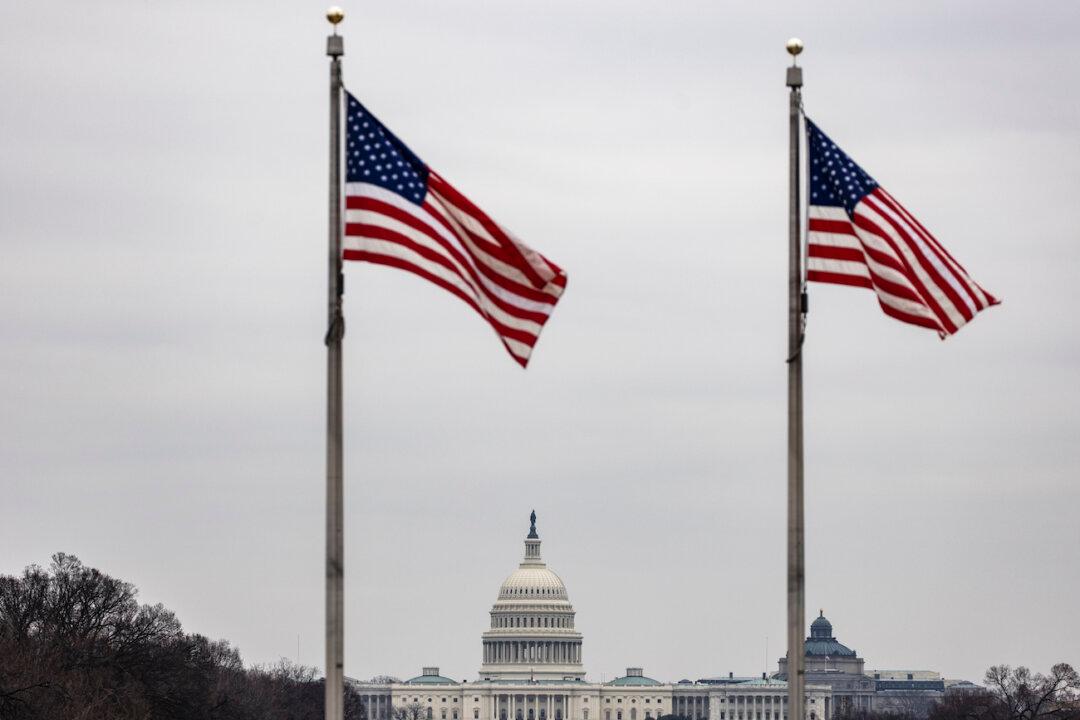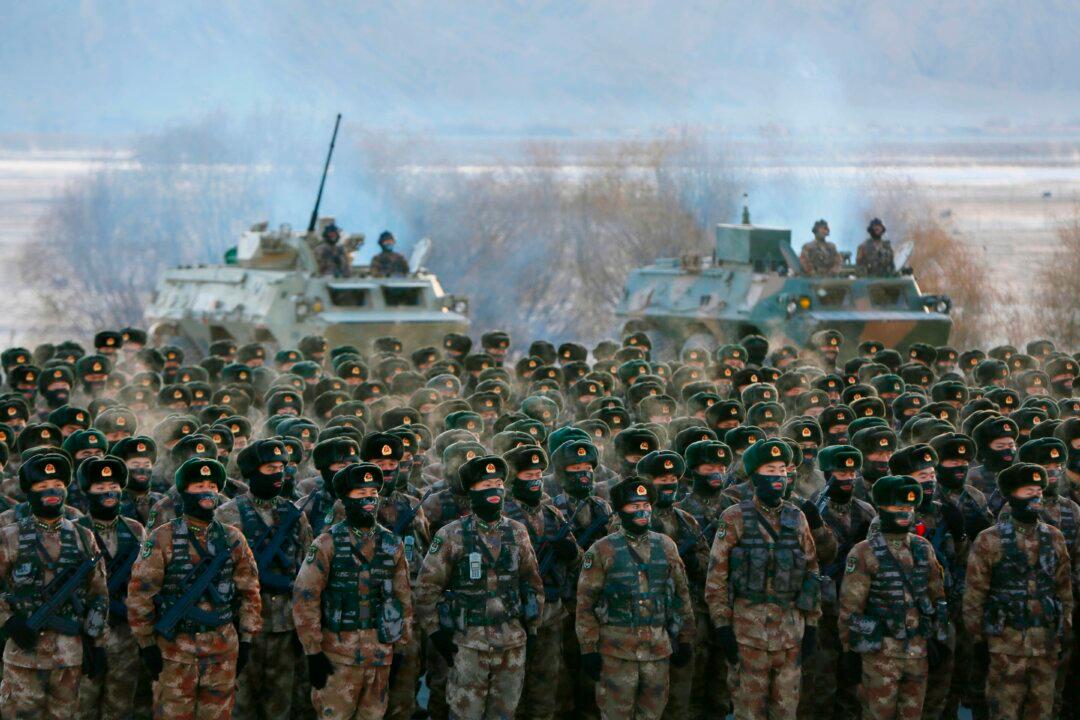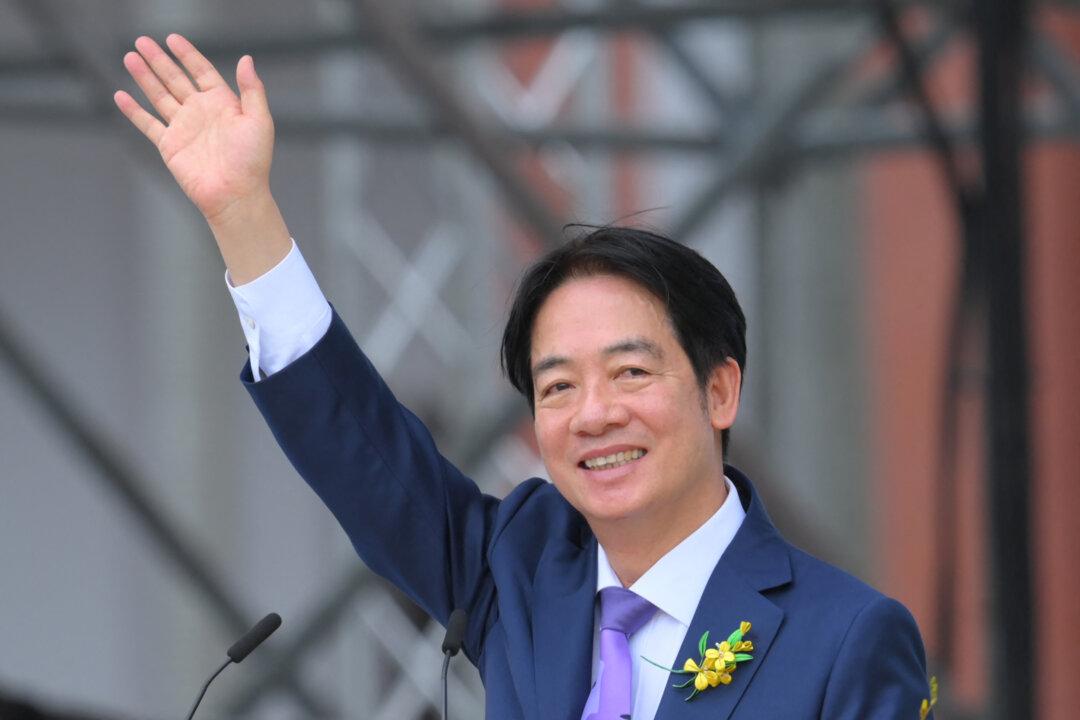Commentary
There are many moments in American history that have been significant because they have informed the principles of America’s traditional ideology of liberalism, but none as important as the present period since America’s founding. The United States is at a “1776 moment” of ideological transformation.





